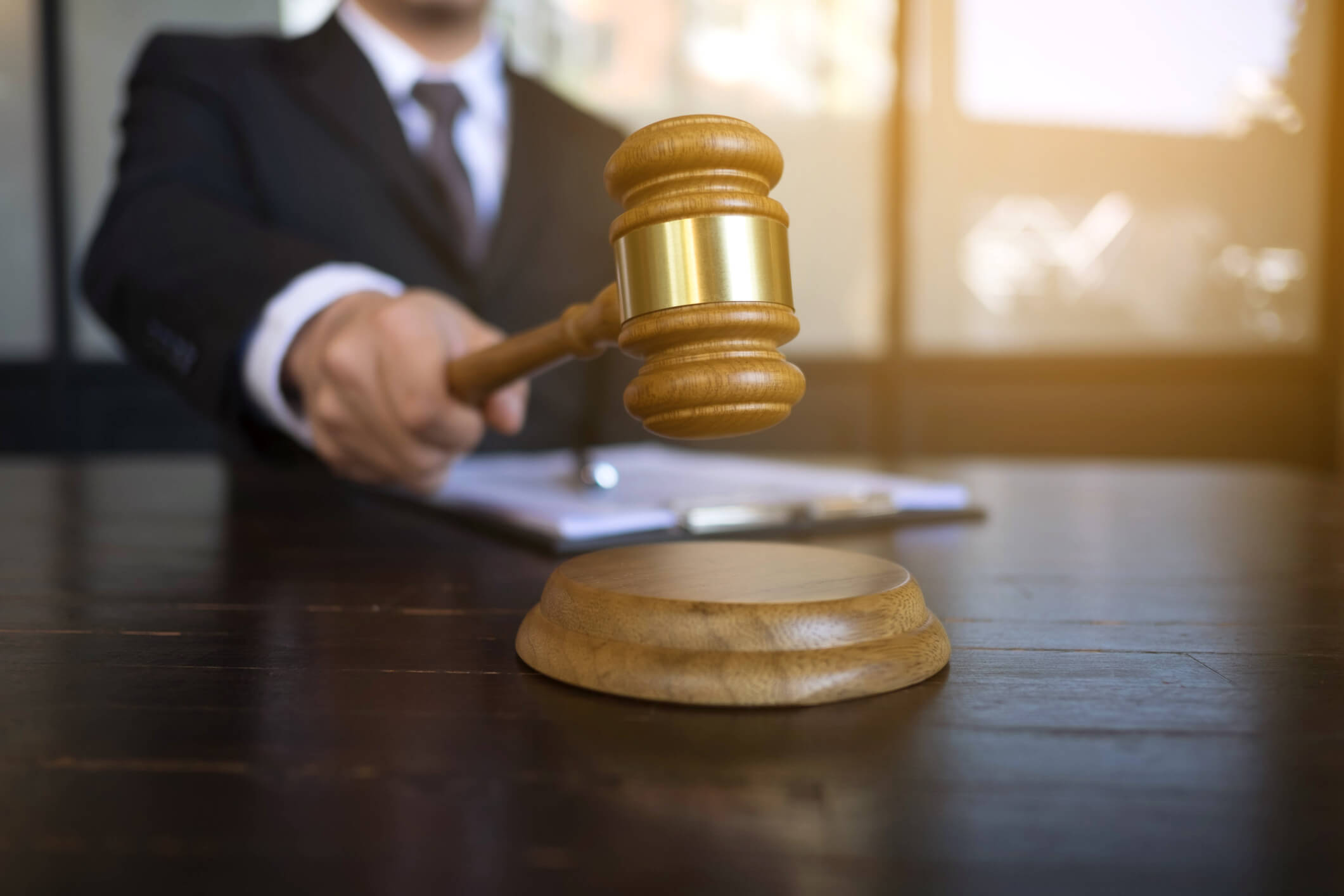A fair personal injury settlement is more than a legal victor. It is a step towards regaining your life and stability.
Nonetheless, understanding personal injury law is challenging, especially amidst recovery. Yet, strategic planning and skilled negotiation can tip the scales in your favor.
Envision yourself not just as a case number but as the architect of your compensation. Avoid common pitfalls, patiently wait for a fair offer, and partner with a legal expert who highlights your story compellingly.
Don’t miss the chance to claim what you deserve. Explore our guide, and when ready, connect with a local attorney who will advocate for you.
Understanding the Basics of Personal Injury Claims
Understanding personal injury claims is essential when delving into their legal complexities. These claims arise when someone’s injury is due to another’s action or inaction. They cover diverse situations, from simple accidents to intricate medical malpractice cases.
The central concern is to prove negligence. This legal standard means proving there was a failure to meet a standard of care. Such a breach allows the injured (the plaintiff) to demand compensation for their losses.
Determining who’s at fault in personal injury cases is crucial, as it influences the entire claim. This assessment can be intricate, involving legal scrutiny and standards like comparative or contributory negligence.
Damages in these lawsuits fall into two categories. There are economic damages that cover measurable losses like medical bills and lost income. Then, there are non-economic ones, for subjective losses like pain and suffering.
Assessing the Full Impact of Your Injuries
Evaluating your injury extends beyond initial medical treatments to the lasting effects on your life. It’s about understanding the comprehensive impact, including the work days lost to pain and the effect on the family. While physical injuries are evident, emotional distress and strained relationships are crucial to recognize as well.
The economic impact of an injury encompasses more than initial medical costs. It includes lost wages, reduced hours, or an inability to resume your career. Meticulously calculated, these damages combine tangible costs and projected expenses.
Estimating non-economic damages, while subjective, is vital for a just settlement. These damages require legal knowledge and empathy to quantify. Attorneys and insurers use various methods to assign monetary value to these intangible losses. Articulating these impacts fortifies your case for a settlement that mirrors the disruption to your life.
Documenting Everything: Building a Strong Case
Attention to detail is central to any personal injury case. Detailed documentation is essential, transforming personal experiences of pain into concrete evidence.
Gather all medical records to detail the injuries and treatment. Official reports, like police accounts of traffic incidents, offer an authoritative perspective. Meanwhile, eyewitness statements provide crucial supportive details.
Recording your recovery journey in an injury journal can significantly impact your case. Daily entries should cover physical pain but also emotional and psychological effects.
Lastly, documenting the long-term effects of an injury is crucial. For lasting disabilities, include expert opinions on future medical needs and home modifications. Keep receipts and quotes for future treatments and home adjustments.
Strategies for Negotiation
In personal injury settlements, negotiation is a crucial skill. It requires assertiveness, patience, and strategic planning. Understanding both the case’s strengths and weaknesses, along with the insurer’s tactics, is essential. While having a minimum acceptable amount is important, keeping this figure confidential allows flexibility.
Negotiations are dynamic, starting with typically low initial offers. Counteroffers must be thoughtful, backed by solid evidence and damage valuation. It’s crucial to convincingly present your case, emphasizing the injury’s impact on your life.
Patience is often prudent despite the temptation for a quick settlement. Hasty decisions may overlook long-term needs or emerging information that could strengthen the claim.
Expert Witnesses and Specialists
Expert witnesses significantly strengthen personal injury cases. They provide evidence on the extent of injuries and their impact. Also, their objective viewpoints add credibility often missing from personal testimonies.
Economic and vocational experts are valuable in outlining the financial consequences of an injury. They project future losses, additional education needs, and life care planning costs. These factors are central to cases involving permanent disabilities or long-term care.
Connect With a Personal Injury Attorney
Maximizing your personal injury settlement is a complex endeavor. It demands an informed approach, careful preparation, and legal expertise. As a result, the guidance of a seasoned attorney can be the difference between compensation and lifelong financial struggles.
We have a network of personal injury lawyers who are eager to help. Contact our representatives 24/7 at (866) 345-6784 for a referral! You can also complete the easy form on our homepage to get started.

